An Introduction to Food Preservation Methods: This Key Element of Self-Sufficiency Can Prepare You for the Unexpected
Food preservation is a key element of self-sufficiency, and we introduce methods to conserve today's surplus for tomorrow's deficit.
Disruptions from natural and manmade disasters can be reduced with a sufficient back stock of resources. How will you provide food for yourself and your loved ones in a survival situation? Food preservation skills are extremely important in an increasingly volatile age.
We have an overabundance of food, and it is our pleasure to share it with everyone who is hungry! Even after we feed 40,000 free meals a year to our extended community, the firemen, single mothers, families, and the homeless, we still have an excess of food. We make a variety of dips, sauces, salsas, jams, jellies, and preserves for our Über Dank Pantry every year so the bounty can be enjoyed on later occasions.
It's also well impressive to whip up a dank feast on the quick mode when you have an unexpected gaggle of guests arrive, so keep some of your most delectable products on hand! Here are some methods for putting back a portion of your harvest for leaner (or party!) times:
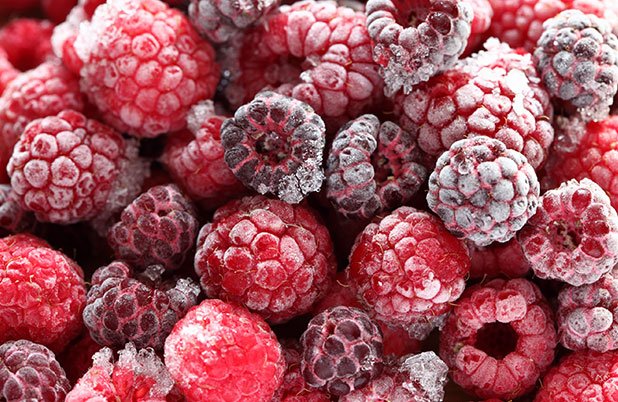
FREEZING preserves food by maintaining a temperature too low for microbes that cause spoilage to live. Cooked food should be cooled completely before it is placed in the freezer. Power supply is a consideration for freezing; realistically, this method is a better addition to your preserved food plan rather than primary option for food preservation if you do not yet have a sustainable power reality.
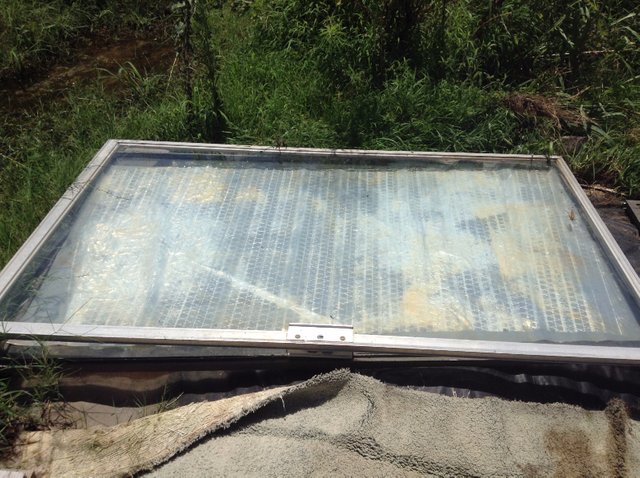
DEHYDRATING preserves food by removing moisture. In the most primitive method, fruits and veggies and meats are laid in the sun away from bugs and predators until they are dry. Fancier apparatuses have been devised to increase and circulate solar power to reduce drying time. We have created a cool, quick, free, and sustainable setup made from salvaged glass doors and reflective material!
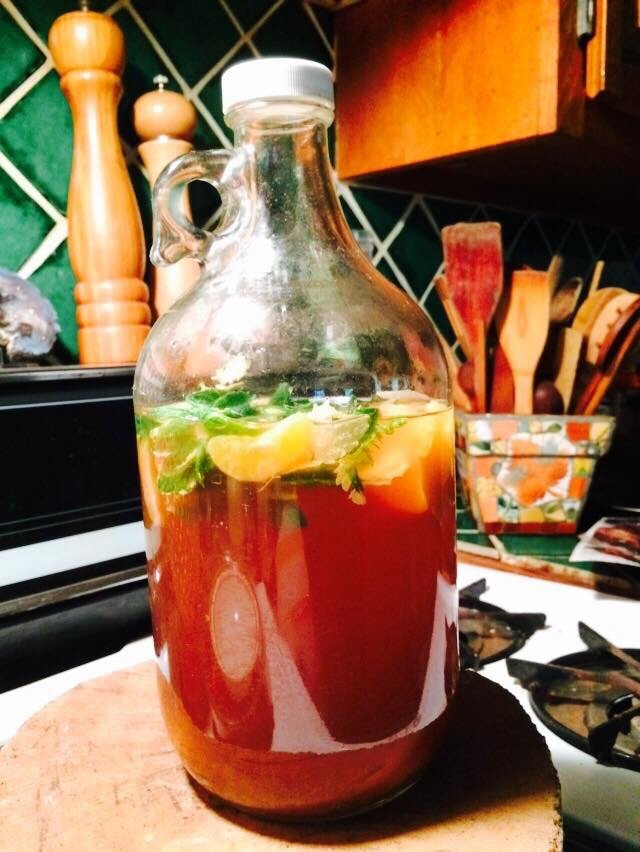
FERMENTATION preserves the harvest using salt and beneficial microbes. Helpful bacteria transform carbohydrates into alcohols and acids; both these bacteria and their byproducts starve out the microbes that cause food to spoil. These helpful bacteria are the probiotics that keep your guts happy and healthy! Our Eden Knights regularly make huge batches of kimchi and kombucha or jun. Check out our post on how to make kimchi!!
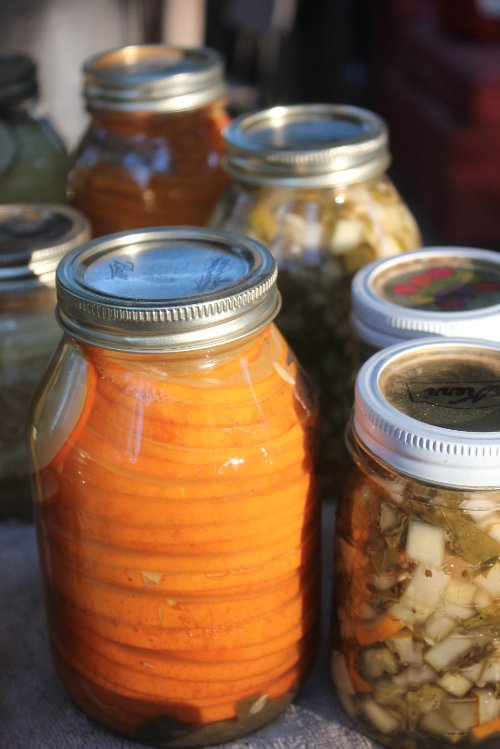
We hope you are inspired to preserve and share your abundance! These skills were once commonplace, but modern society has become complacent and dependent on the system. It makes sense to reconnect with traditional knowledge, because you never know what can happen. Food stability is within reach! Won't you be the talk of the zombie apocalypse when you pop open your jar of beyond organic, homemade jalapeños in lemon adobo sauce?
www.intothegardenofeden.com
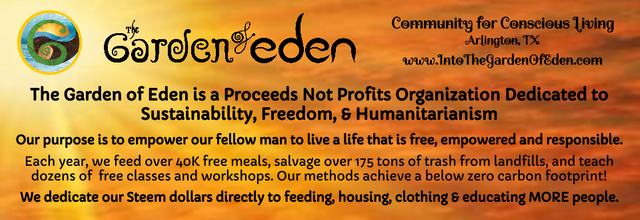
Great idea! If I come visit I may like to introduce one that would use free energy.
Fantastic, come on over and let's play, @virtualgrowth!
Sometime in my travels. :)